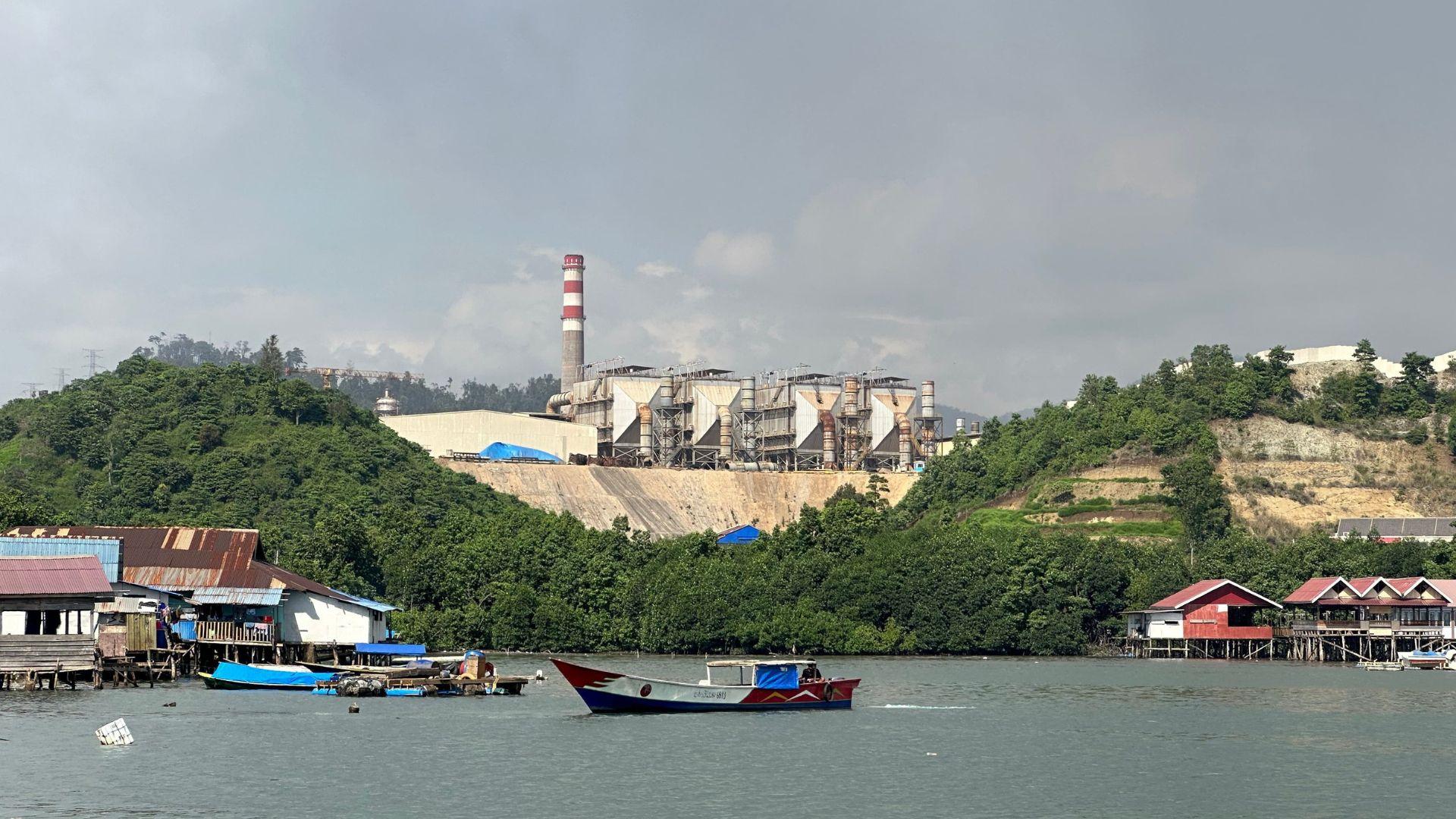Every five years, countries around the world are required to submit a national climate policy document known as the Nationally Determined Contribution (NDC). This framework was established under the Paris Agreement, adopted by 196 countries in 2015.
The Nationally Determined Contribution outlines each country’s climate commitments and actions to reduce greenhouse gas emissions and adapt to the impacts of climate change. It serves as the core mechanism of the Paris Agreement and is essential to achieving global climate targets.
The Paris Agreement aims to limit global warming to well below 2°C and ideally not exceed 1.5°C by the end of the 21st century. As part of this effort, every country must set measurable and time-bound national goals, known as NDC.
Indonesia was expected to submit its Second Nationally Determined Contribution (SNDC) by 30 September 2025. However, the country has yet to officially submit its updated document to the United Nations Framework Convention on Climate Change (UNFCCC) and is reportedly still finalizing the draft. Many observers hope the upcoming SNDC will include stronger ambition, more realistic strategies, and a transparent implementation roadmap. Yet, assessments such as the Climate Action Tracker still rate Indonesia’s current NDC as critically insufficient to align with the 1.5°C temperature limit.
As the world faces the growing impacts of the climate crisis, every country is expected to have a clear roadmap to prevent the worst outcomes. The Nationally Determined Contribution (NDC) plays a vital role as a guide for balancing economic growth with environmental sustainability.
NDC Indonesia: Real Climate Ambition or Diplomatic Formality?
Indonesia’s NDC journey began in 2016, with an emission reduction target of 29 percent unconditionally and 41 percent with international support by 2030. At that time, however, Indonesia lacked a long-term strategy to achieve those goals.
In 2021, the targets remained the same but were supported by the Long Term Strategy for Low Carbon and Climate Resilience (LTS LCCR) 2050, which emphasized renewable energy as a key element of national climate policy.
The next update came in 2022, when Indonesia introduced its Enhanced NDC, increasing ambition to 31.89 percent (unconditional) and 43.20 percent (conditional) emission reductions. The Enhanced NDC highlighted the importance of clean energy and sustainable development as central pillars of climate action.
Despite these updates, many experts argue that Indonesia’s NDC targets reflect more of a diplomatic obligation than a genuine commitment. The gap remains wide between what is written in policy documents and what happens in practice, such as the continued approval of coal mining permits and the slow expansion of renewable energy.
Indonesia’s Emission Targets: Realistic or Impossible?
Indonesia has pledged to achieve net zero emissions by 2060. During his speech at the UN General Assembly on 23 September 2025, President Prabowo Subianto reaffirmed the country’s commitment to the Paris Agreement, expressing optimism that the goal could be reached sooner. He also announced several major promises: a coal phase-out within 15 years at the G20 Summit in Brazil in November 2024, and a 100 percent renewable energy target within a decade during his state visit to Brazil in July 2025.
However, these ambitions raise serious questions. According to the Electricity Supply Business Plan (RUPTL) 2025–2034, Indonesia still plans to build 16.6 gigawatts (GW) of new fossil-based power capacity. The lack of alignment between national energy planning and NDC targets casts doubt on the realism of Indonesia’s climate commitments.
The energy and forestry sectors remain Indonesia’s two largest sources of greenhouse gas emissions. Roughly one-third of national emissions come from coal combustion for power and industry, while deforestation and forest degradation continue to contribute significantly from land-use change.
Indonesia’s heavy reliance on fossil fuels, especially coal, remains a major obstacle to achieving its Nationally Determined Contribution (NDC) targets. Coal still dominates the national energy mix, powering both grid electricity and captive power for industries such as nickel processing. Even as coal exports decline in 2025, domestic demand remains high, showing that the dependency stems not only from global markets but also from the structure of the national energy system.
Without decisive policies to stop new coal-fired power plant projects, address greenwashing practices, and accelerate investment in renewable energy such as solar and wind, Indonesia’s ambitious Nationally Determined Contribution (NDC) risks becoming little more than numbers on paper. On the global stage, its climate pledges could be seen as diplomatic formalities rather than genuine leadership in a sustainable energy transition.
Political and Economic Barriers Behind Indonesia’s NDC
Achieving Indonesia’s NDC goals requires overcoming significant political, economic, and institutional challenges.
The fossil fuel industry still holds strong influence, especially coal, which remains the backbone of national energy supply and a major source of local government revenue. While the government increasingly promotes energy transition, fossil fuel subsidies remain much higher than support for clean energy. In 2023 alone, fossil subsidies exceeded IDR 500 trillion, while investment in renewable energy represented only a small fraction of that amount.
Clean energy projects such as solar, wind, and biomass power continue to face complex permitting processes, inadequate infrastructure, and uncertain pricing. Many foreign investors are still waiting for regulatory clarity before committing to Indonesia’s renewable energy market.
Public participation also remains limited. The NDC drafting process in Indonesia has been criticized for being too closed, with minimal involvement from civil society, academics, and local communities directly affected by climate policies.
Yet the success of any Nationally Determined Contribution depends on collaboration. The government must engage civil society organizations, universities, the private sector, and grassroots communities to ensure that climate action plans are inclusive, transparent, and just.
Public and international pressure will play an essential role in ensuring that Indonesia’s NDC does not remain a diplomatic statement but becomes a concrete driver of energy transition and real climate action.




